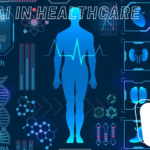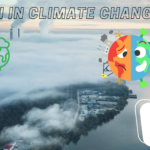AI for Social Good: Leveraging Technology to Make a Difference in 2023
Table of Contents
Introduction

In recent years, advancements in artificial intelligence (AI) have revolutionised various industries, from finance and healthcare to transportation and entertainment. However, beyond enhancing business processes and consumer experiences, AI is also being harnessed to address some of the world’s most pressing social and humanitarian challenges. This blog explores how AI is making a positive impact on disaster response, poverty alleviation, wildlife conservation, and healthcare accessibility in underserved areas. By leveraging the power of AI for social good, we can create a more equitable and sustainable world.
Disaster Response
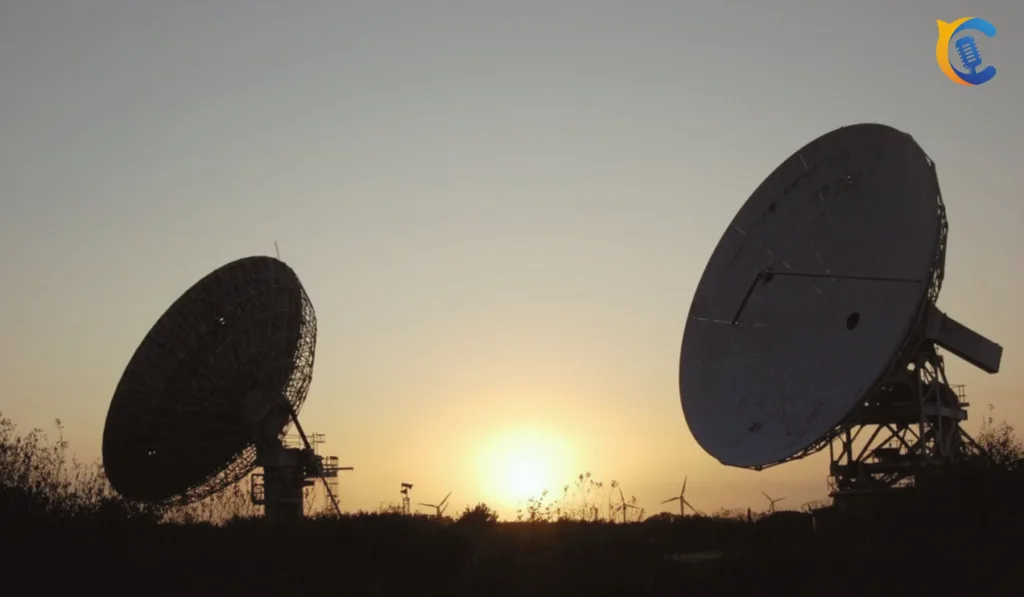
One of the areas where AI is proving invaluable is disaster response. Natural disasters, such as earthquakes, hurricanes, and floods, can have devastating effects on communities, leading to loss of life and property. AI-powered technologies have been employed to enhance disaster preparedness and response efforts.
- Early Warning Systems: AI can analyse vast amounts of data, including weather patterns, seismic activity, and social media feeds, to predict and detect potential disasters. Early warning systems can alert authorities and citizens, allowing them to take proactive measures to mitigate the impact.
- Rescue Operations: AI-equipped drones and robots can be deployed in disaster-hit areas to assess the damage, locate survivors, and deliver essential supplies. These machines can access hazardous environments that may be too dangerous for human responders.
Poverty Alleviation
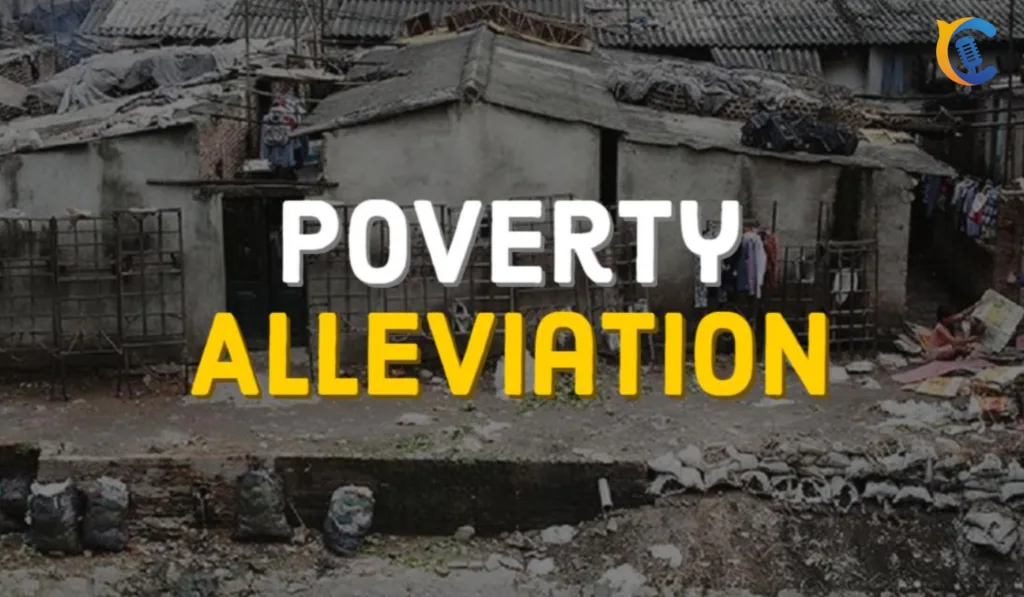
Poverty remains a persistent issue in many parts of the world, and AI has emerged as a powerful tool to address this challenge.
- Financial Inclusion: AI-driven algorithms are used to assess creditworthiness in underserved communities, enabling financial institutions to provide microloans and banking services to people who would otherwise be excluded from the formal financial system.
- Job Matching: AI-powered platforms connect job seekers with suitable employment opportunities, bridging the gap between employers and individuals in need of work.
Wildlife Conservation

The preservation of biodiversity and the protection of endangered species are critical aspects of wildlife conservation. AI plays a vital role in these efforts.
- Poaching Prevention: AI-driven systems can monitor wildlife habitats and identify potential poaching activities through image recognition and acoustic monitoring. This real-time data enables authorities to respond swiftly and protect endangered animals.
- Wildlife Tracking: AI-powered drones and satellites equipped with tracking technology can monitor the movement of animals, helping researchers understand migration patterns and behaviour. This data aids in formulating effective conservation strategies.
Healthcare Accessibility in Underserved Areas

Access to quality healthcare remains a significant challenge for many communities, especially in remote and underserved regions. AI is helping to bridge this gap and improve healthcare accessibility.
- Telemedicine: AI-powered telemedicine platforms allow medical professionals to remotely diagnose and treat patients, providing medical services to people who lack access to nearby healthcare facilities.
- Disease Diagnosis: AI algorithms can analyse medical images and patient data to assist doctors in diagnosing diseases accurately and swiftly. This technology is especially beneficial in areas with a shortage of medical specialists.
AI in Education
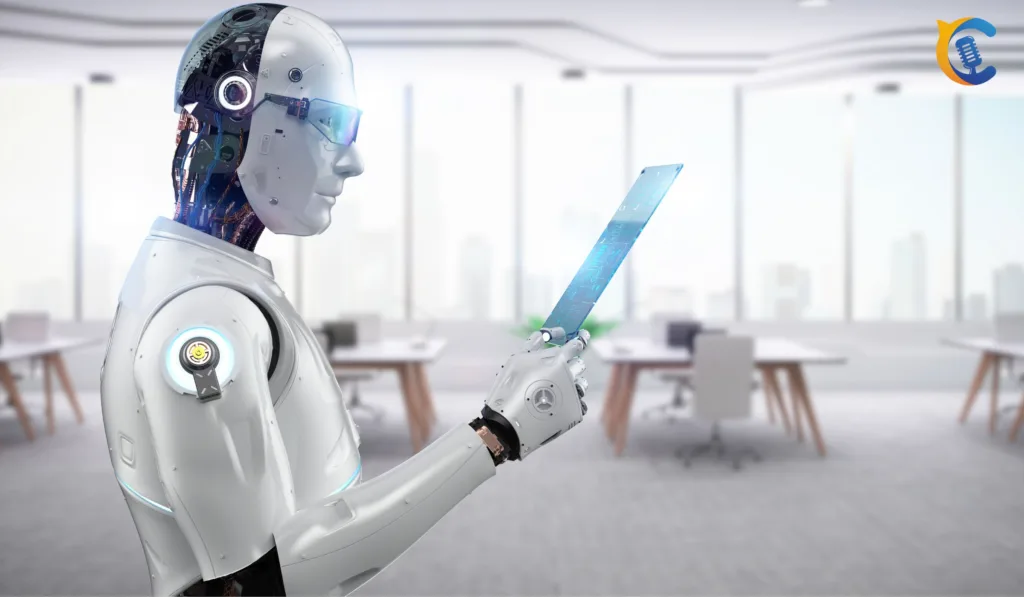
In addition to disaster response, poverty alleviation, wildlife conservation, and healthcare accessibility, AI is also making a significant impact in the field of education, especially in underserved areas with limited access to quality learning resources.
- Personalised Learning: AI-powered educational platforms can adapt to the individual needs and learning styles of students. By analysing a student’s performance and progress, AI algorithms can tailor educational content and exercises to maximise their understanding and retention of information.
- Language Learning: AI-based language learning apps and platforms are empowering individuals to learn new languages at their own pace, regardless of their geographical location. These tools provide interactive and immersive experiences that enhance language proficiency.
Environmental Protection

AI is proving to be a powerful ally in the fight against environmental challenges, such as climate change and pollution.
- Climate Modelling: AI technologies can analyse vast amounts of environmental data and simulate climate scenarios to improve our understanding of climate change and its potential impacts. This knowledge is crucial for developing effective mitigation and adaptation strategies.
- Air and Water Quality Monitoring: AI-driven sensors and monitoring systems can detect pollutants in the air and water, helping authorities identify pollution sources and take appropriate measures to safeguard public health and the environment.
Humanitarian Aid and Refugee Support

AI plays a vital role in providing humanitarian aid and support to refugees and displaced populations around the world.
- Language Translation: AI-powered translation tools are breaking down language barriers, enabling aid workers to communicate effectively with refugees and provide essential information and assistance.
- Resource Allocation: AI can analyse data on humanitarian needs and optimise resource allocation to ensure that aid reaches those who need it most efficiently.
AI for Social Good: key facts
- Disaster Response: AI aids in predicting and managing natural disasters, optimising relief efforts, and minimising casualties.
- Poverty Alleviation: AI-driven solutions empower financial inclusion and offer tools for economic growth and poverty reduction.
- Wildlife Conservation: AI assists in monitoring endangered species, tracking poaching activities, and preserving biodiversity.
- Healthcare Accessibility: AI enables telemedicine and remote diagnostics, improving healthcare access for underserved populations.
- Educational Enhancement: AI-powered educational platforms enhance learning experiences and bridge gaps in educational access.
- Mental Health Support: AI chatbots provide accessible mental health support and counselling services to those in need.
- Clean Energy Optimisation: AI optimises renewable energy systems to promote sustainable and eco-friendly practises.
- Humanitarian Aid Distribution: AI streamlines humanitarian aid distribution, ensuring efficient and targeted delivery to affected areas.
- Water Resource Management: AI helps monitor and manage water resources to tackle water scarcity and promote responsible usage.
- Agricultural Advancements: AI-driven precision agriculture techniques enhance food production and support farmers’ livelihoods.
Conclusion
The use of AI for social good is a testament to the positive impact of technology on humanity. By leveraging AI’s capabilities, we can address complex social and humanitarian challenges, making a difference in disaster response, poverty alleviation, wildlife conservation, healthcare accessibility, education, environmental protection, and humanitarian aid. However, as we embrace AI’s potential, it is essential to be mindful of potential ethical concerns and biases that may arise from AI algorithms. Ensuring transparency, fairness, and responsible development is critical to avoiding unintended consequences and ensuring that AI technologies genuinely serve the interests of all communities. Click Here
- Arsenal team formation 2023: A Comprehensive Overview 2023
- Greece’s Epic Fight Against Devastating Wildfires
- NASA Shares First Images of US Pollution
- AIRCRAFT CRASHES IN AUSTRALIA’S NORTHERN TERRITORY DURING US MILITARY TRAINING EXERCISE
- Further Insights into the Top 20 US Cities with Highest Internet Usage












